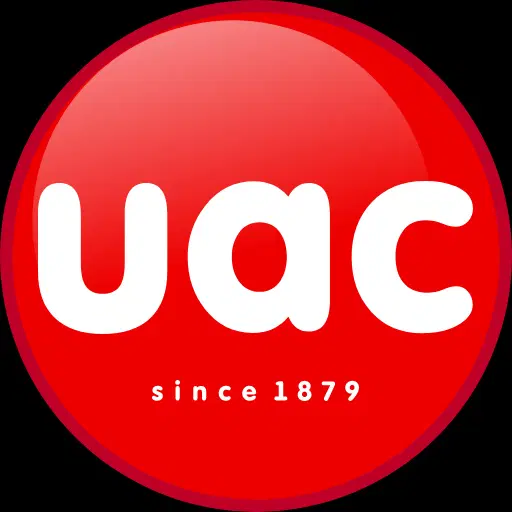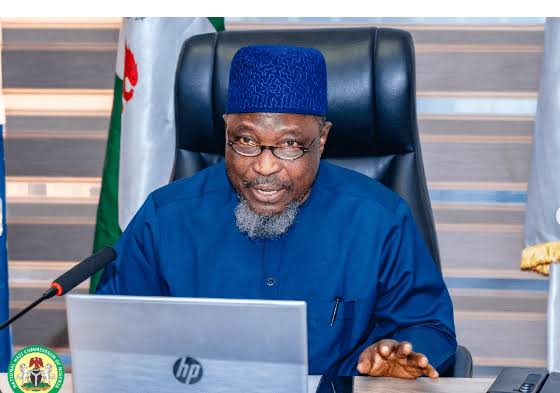The Foreign Direct Investments into Nigeria dropped by $19bn in 10 years, from $22.7bn in 2014 to $3.7bn in 2023.
This disclosure was made by the Minister of Finance and Coordinating Minister of the Economy, Wale Edun, during a presentation to top business leaders in Lagos recently, according to The Punch.
The Minister outlined the key challenges facing the economy and what the government had done to address them in his presentation, which was attended by leading business leaders from Lagos Business School Breakfast Club.
The Breakfast Club at the Lagos Business School provides an opportunity for C-suite executives to gain access to high-quality information on the operating environment in real time.
Edun said that an increase in FDI and foreign portfolio investments is part of the Federal Government’s economic reforms, which aim to boost foreign exchange supply.
The Minister pointed out in his presentation that in 2014, foreign direct investment in Nigeria amounted to $22.7 billion. In the following year, it decreased to $14.4 billion and $10.4 in 2016.
Foreign direct investment continued to fall over the years, with a decline of $9.8 billion in 2017. In 2018 it went up slightly to $11.9 billion, but in 2019 it dropped again to $9.2 billion.
While the foreign direct investment in the country increased slightly to $10.2 billion in 2020. It saw a significant decline to $6.9 billion by the following year 2021. It fell again to $4.6bn in 2022 and before recording another slide to $3.7 in 2023.
The Breakfast Club aims at providing insight into the available business opportunities as well as providing a better understanding of current issues.
Members of the diplomatic community, development partners, and government officials are some of the participants in the breakfast club. Therefore, the monthly meetings provide an opportunity to share experiences and strengthen networks.











